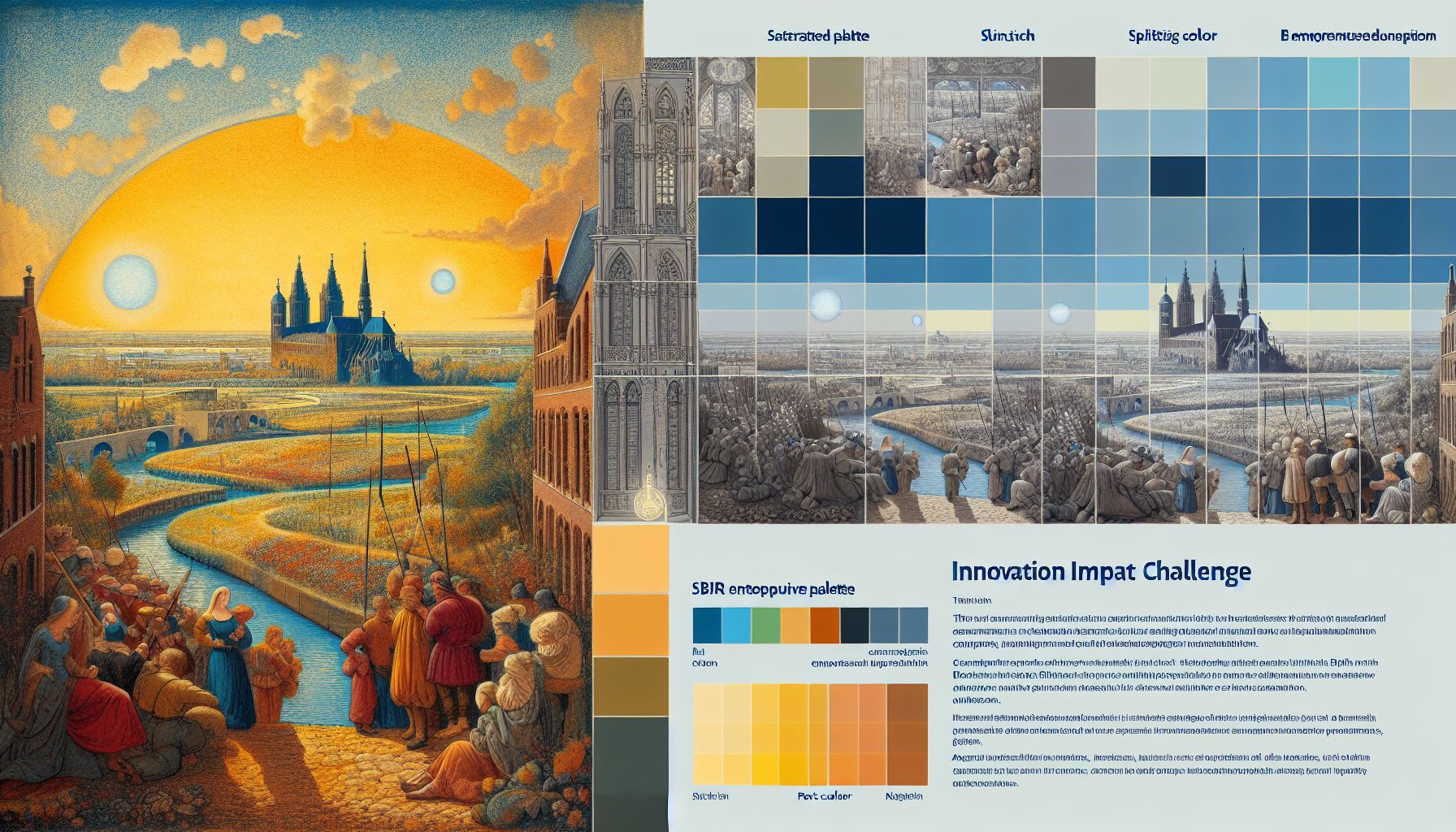Dutch SBIR Program Rebrands as Innovation Impact Challenge

The Hague, Thursday, 12 December 2024.
The rebranded Innovation Impact Challenge aims to enhance Dutch entrepreneurial innovation and competition, driving economic growth and technological advancements.
Strategic Transition
On December 9, 2024, the Netherlands Enterprise Agency (RVO) announced the rebranding of its SBIR (Small Business Innovation Research) program to Innovation Impact Challenge [1]. This strategic change reflects the Dutch government’s commitment to fostering both innovation and competitive spirit among entrepreneurs. The program, managed through PIANOo, the Dutch public procurement expertise center, maintains its core mission while adopting a more accessible and memorable identity [GPT].
Enhanced Focus on Innovation Funding
The rebranding comes at a crucial time when research shows that small and new innovative firms face significant challenges in securing capital for their ventures [2]. The Innovation Impact Challenge aims to address these funding gaps that often hinder technological advancement and economic growth. By providing a more accessible platform, the program seeks to encourage broader participation from Dutch entrepreneurs and small businesses [GPT].
Integration with Dutch Innovation Ecosystem
The timing of this rebranding aligns with other significant developments in the Dutch innovation landscape. The Creative Industries Immersive Impact Coalition (CIIIC) is preparing for its official launch in April 2025 [3], demonstrating the Netherlands’ broader commitment to fostering innovation across various sectors. This coordination of innovation initiatives suggests a comprehensive approach to strengthening the country’s position in technological advancement and economic development [GPT].
Future Outlook
As part of the government’s broader innovation strategy, the rebranded program is expected to play a crucial role in supporting Dutch entrepreneurs through 2025 and beyond. The initiative comes as the Dutch cabinet recently presented its plans for future-proof procurement and tender policies to the House of Representatives on December 3, 2024 [1], indicating a comprehensive approach to modernizing government support for innovation [GPT].

